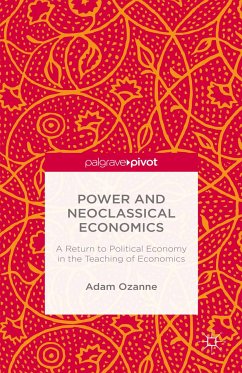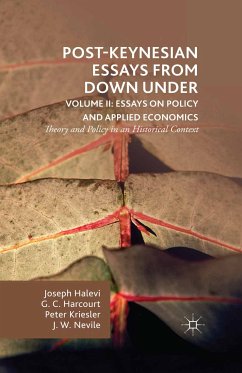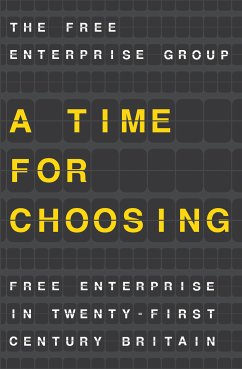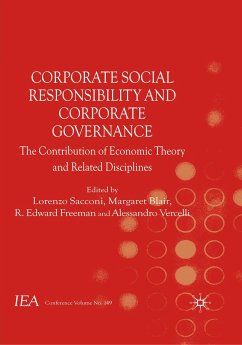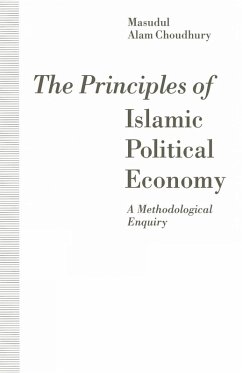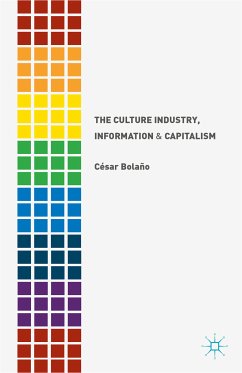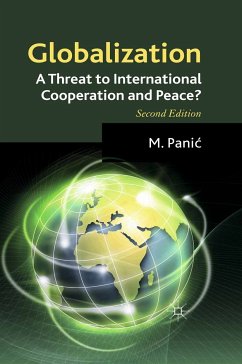Mainstream economics almost completely ignores the role power plays in determining economic outcomes, which means it can only provide partial explanations of the distribution of wealth and income, and of the problems associated with inequality and poverty. For many, this is a fundamental failing that severely limits its relevance to the real world and is the source of much dissatisfaction with, and cynicism about, economics and economists. Ozanne explains how this neglect of power has come about over the past 150 years and why it is important. He reviews various definitions and theories of power from across the social sciences and proposes a new approach that could bring considerations of power back into standard economic theory and economics teaching. The approach is simple and intuitive, involving little more than re-envisioning the social welfare function as a 'political economy function'. However, if adopted in economics teaching, it could radically change the way young economists are taught to think about economic problems and lead to a 'return to political economy'.
Dieser Download kann aus rechtlichen Gründen nur mit Rechnungsadresse in A, B, BG, CY, CZ, D, DK, EW, E, FIN, F, GR, HR, H, IRL, I, LT, L, LR, M, NL, PL, P, R, S, SLO, SK ausgeliefert werden.

